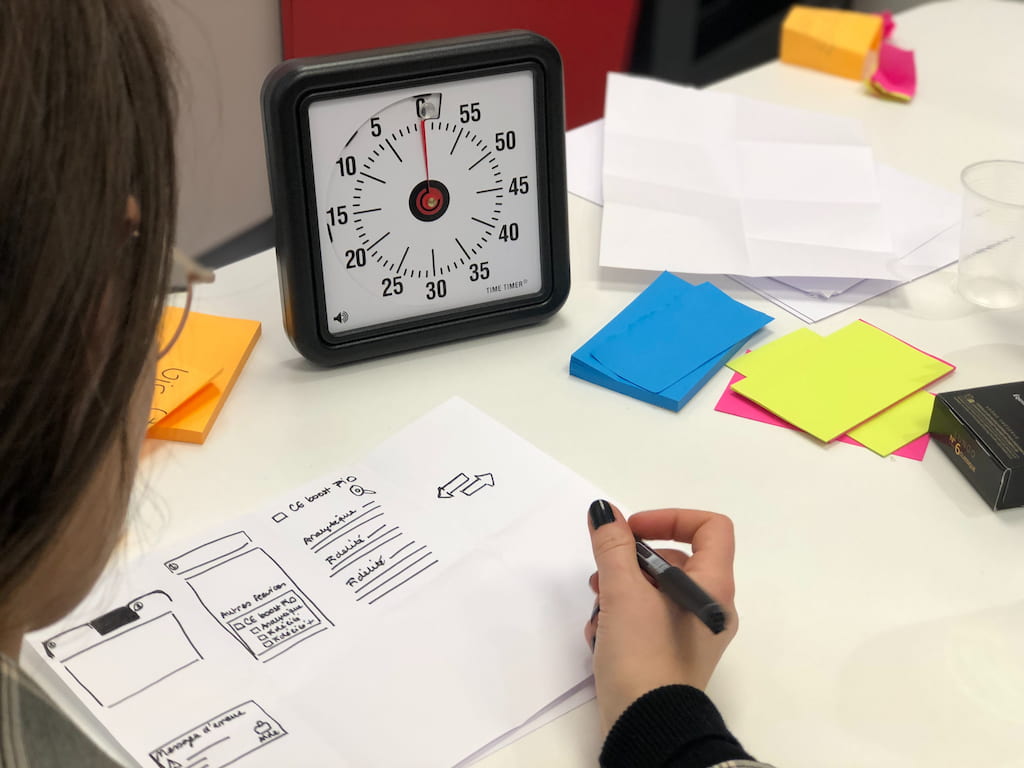Mindful Habits for Students

Content
Creating an Efficient Workspace
Each of us experiences being a student at some point in our lives. Some of us have the opportunity to pursue education for many years and some of us don’t find traditional schooling at the center of our lives. That said, being a student can extend into many facets of our lives whether it be learning a new task, subject, or discovering deeper parts of ourselves. Being a student can involve enthusiasm, responsibility, and dreams, depending on who you are and what value you attach to learning. What does being a student mean to you? Think about the other roles you have right now… Maybe you’re someone’s child, cousin, friend, parent, or perhaps someone’s significant other. Where does your role as a student stand in your life? Is it a leading part or a minor character? Get in touch with yourself…What responsibilities do you have as a student? What methods do you use in order to fulfill those responsibilities?
Becoming Aware of Your Academic Needs
If we consider academic schooling, it can be a bumpy road. You may experience obstacles, needing to recover from losses as you continue on your way. What do you need to take with you along this road? Who would you like to be beside you as you travel down your academic path?
Think about your space. What do you need while studying? A clean and tidy environment or a calm atmosphere? How about music or white noise to help you focus? Perhaps you need your favorite snack? Notice your surrounding environment while you work. Are there any objects, sounds, or smells that make you uncomfortable or cause distraction? What time of day do you have the most energy toward learning?
Before starting to study, pay attention to the needs of your body, making your surrounding environment comfortable, adjusting the volume of ambient sound if possible, and making sure that there are no odors or objects around that could distract you.

Be aware of your own needs. Realize your potential, knowledge, and what you need or want to learn. What are your study goals? Knowing our own needs when it comes to studying can help set us up to meet and exceed our goals.
Learning Methods
You may have tried many different learning styles before. Take a brief moment to reflect on all of them. Was there a particular method among them that increased your efficiency? Which methods did not suit you?
Do you think you learn better with visuals or audio sources? Have you ever tried to repeat what you’ve learned aloud, listening to your own voice? Do you have various techniques that help you focus better while reading? What about writing? Studying or taking notes? Trying out different methods of learning can help you better understand your own needs and thereby set you up for success.
Setting Goals

Every path we walk has an eventual end. Think of your main goal that drives you, your main source of motivation. Remember that each step you take toward meeting your own needs is a step closer to achieving your goal. Hold tight to your “why,” what keeps you walking down this road. What is at the end of your path? Visualize it, closing your eyes and imagining yourself there, having achieved all you wanted to achieve.
Remember, the more specific and clear your goal is, the more clearly you can see whether or not you’re achieving it. When setting a goal, make sure it’s attainable and try giving yourself a deadline. Unrealistic expectations can cause you stress and worry, so if these emotions are cropping up, consider revising your original goal.
Planning

Making a plan is like plotting a map of your route. In an unfamiliar place, if you don’t have a map in hand, your chances of getting lost increase. The roads may twist and turn, you may get confused, panic, and start feeling like you want to run away and abandon the trip entirely.
Start planning by thinking about what kind of path you’d like to proceed with, how much time it will take, and what materials you’ll need to get where you want to go.
Prioritizing Tasks
Go over your list of tasks. Is each one connected to a different subject or on a different level? You may find some easier to tackle than others. Every step you take may not be filled with equal enthusiasm and motivation. Some steps may require more effort to maintain your balance. Sometimes you may prefer running to walking. Sometimes your body will need a break, will need rest.
What’s the most important task on your list? How are you going to take the first steps to accomplish it? Having a list and a plan for how to navigate it can help to mitigate your worries and increase your motivation. Can you assign numbers to your tasks, organizing them based on priority?

Unfinished Business
Our unfinished tasks can frequently take up space in our minds. Maybe we ignore them, choosing to postpone or focus on other things, and yet, those tasks we haven’t completed don’t go away. On the contrary, our unfinished work can create stress, waiting there and continuing to needle us. What does it feel like to finish something? Remember the last time you completed a task. Maybe you finished a meal, a walk, or a good book. How did that feel? Is it possible that you’ll feel similarly when you’ve finished your tasks at hand?
Notice Your Inner Voice
Is there a voice criticizing you while you’re studying, setting high expectations for you? Often, we are our worst critics, mercilessly pulling ourselves down. We sometimes even label ourselves as “unsuccessful,” or a “failure.” Do you ever label yourself in this way? Notice the thoughts that cross your mind and how you’re talking to yourself during study time. Witness the flow of your mind and take stock of the emotions that fill your heart.
When you criticize or label yourself, you can start to believe these thoughts without question. Try to catch all of these judgments about yourself. Sometimes we form patterns of self-criticism through our childhood experiences, hearing voices that echo throughout our minds as we grow up. These voices can become one, melding into the one voice we hear within ourselves and sometimes doing us harm. That’s why it’s so important to talk to yourself in a positive tone, grounding yourself in reality.
Postponing
Postponing, delaying, or procrastinating often manifest when we choose other pleasurable activities over our academic tasks or pursuing our learning goals. Maybe that means we’re taking a nap, watching TV, working out, wandering around, or doing something that seems much more appealing than getting things done. What are the reasons behind your procrastination? Could constant procrastination have a negative impact in the long run?
Taking Responsibility
While studying, you may feel bored, uninterested, or like you’re having a difficult time staying focused. This doesn’t mean you’re inadequate, lazy, or entirely lacking motivation. You’re not going to want to study all the time and that’s okay. It can be helpful to remind yourself why you’re studying and ask yourself: What will happen in the end if I don’t?

It’s your choice to begin, ignore, and also to complete a task. It’s your responsibility. What does that word, “responsibility,” mean to you? Do you think you are taking enough responsibility? In what situations is it difficult for you to take responsibility? Sure, there are short-term, instant-gratification benefits of not studying, of focusing on pleasure and leisure. What about the long-term?
Are there situations in which you feel more comfortable taking responsibility? For example, do you enjoy walking your dog or changing your cat’s litter? What about going to school? It is very unlikely that we’ll get the same amount of joy from all activities. Sometimes fulfilling certain responsibilities can be joyful while others can be boring. What can be appreciated here are the steps taken on the road toward your goal, seizing responsibility despite the potentially boring nature of the task.
I wish you happy responsibilities!


